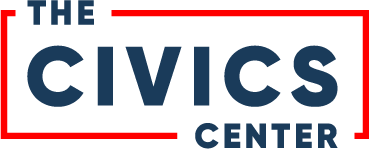Why clubs?
I am a lawyer, and one of my favorite cases involved a high school club.
Anthony Colin was a 10th grader at El Modena High School in Orange County, California. He had heard about Matthew Shepherd, a young man from Wyoming, who died after he was violently attacked because he was gay. Anthony and a friend wanted to form a Gay-Straight Alliance Club at their school to promote acceptance of gay students and their straight allies.
Anthony created a club constitution and a mission statement. He found a faculty advisor. He filled out the form that other clubs used. The school had lots of other clubs that were allowed to hold campus meetings with no problems. But instead of treating Anthony’s application like any other, the principal turned the matter over to the school board. The school board held a hearing and denied the application.
Two civil rights organizations, along with a group at my law firm, had to file a lawsuit just so the students could form a club and hold meetings like everyone else. We won an order from a federal judge directing the school to treat the Gay-Straight Alliance Club like any other.
The club became one of the largest at the school. Today, there are more than 4,000 Gay-Straight Alliances around the country.
At their best, clubs are a lot more than one more obligation in an overscheduled world.
They provide a structure for students to come together around shared values and goals. They enable expression and dialogue and the opportunity to build projects that no single person could do alone. They create an opportunity for problem solving and working out differences. They let students practice how to balance their individual differences with a desire for collective action. They provide a framework for identifying strategies and tactics. They can create continuity from one group to another over time. They let students see for themselves how their own motivation, commitment and spirit can make a difference.
Most schools have student government, but those groups often focus more on student social events than on civic engagement. What if every school had a club – or a project among a group of clubs – to help get all of the students registered or pre-registered as soon as they become eligible and to help promote civic engagement.
If you are a student and this sounds just right to you, but are still hesitant, can you give a name to the hesitation? What is it?
Is it because no one has asked you? Well, I’m asking you.
Is it because you wonder what other people will think? Everyone worries about that.
Anthony Colin worried about that, but he started his club anyway.
Is it because you don’t have permission? This post is your permission. You can find one other person – or you can start off on your own – and you may be surprised to see how small steps can create possibilities you didn’t know existed.
